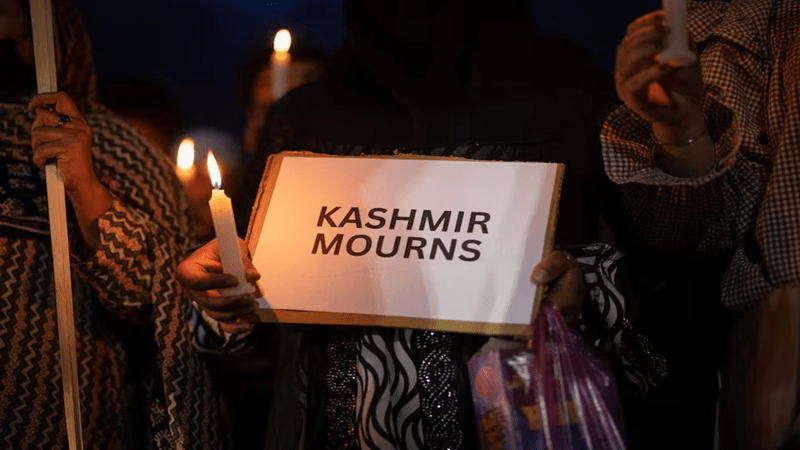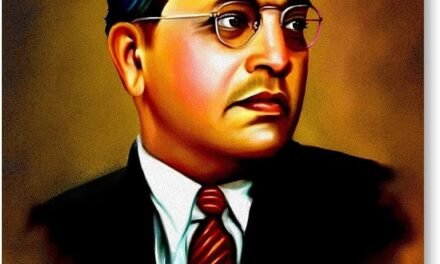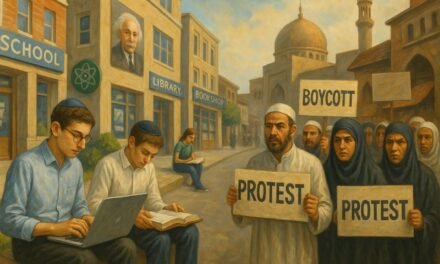~Dr. Uzma Khatoon
The terrorist attack in Pahalgam, Jammu and Kashmir, on April 22, 2025, which claimed 26 lives and left many injured, has deeply shaken the nation. The brutality of the attack-where armed militants targeted Hindu tourists after asking their names and religious identity-was not just an assault on innocent people but a calculated attempt to fracture India’s unity and secular ethos.
The attackers’ deliberate choice to single out victims based on religion was a sinister strategy to ignite communal hatred. Their aim was not only to kill but to sow seeds of suspicion and resentment among Indian Hindus toward Muslims, especially Kashmiri Muslims. By orchestrating violence in this manner, the terrorists sought to provoke a cycle of hatred and retaliation, hoping to destabilize the peace and pluralism that define Indian society.
However, the nation’s response has demonstrated remarkable maturity and unity. Instead of succumbing to the terrorists’ designs, people across India have shown restraint, with no major communal clashes or acts of revenge reported. This collective wisdom reflects a deep understanding that the true victory over terrorism lies not just in punishing the perpetrators but in denying them their goal of dividing the country.
A particularly powerful and humane voice emerged from Himanshi Narwal, the widow of Indian Navy Lieutenant Vinay Narwal, who was killed in the attack during his honeymoon. Himanshi made an emotional appeal to the nation: “We don’t want people going against Muslims or Kashmiris. We want peace and only peace. Of course, we want justice, but the government must take precise steps against specifically those who did us wrong”. Her words resonated widely, urging the public not to spread hatred or seek reprisal against any community and emphasizing that justice should be targeted and not generalized.
Himanshi’s statement comes at a time when, unfortunately, there have been reports of backlash against Muslims and Kashmiris in various parts of the country, including incidents of violence and discrimination. Her call for peace and justice, not hate, has been widely lauded and has become a symbol of the resilience and compassion that India aspires to uphold.
Political leaders from across the spectrum have also united in condemning the attack. Prime Minister Narendra Modi, Defence Minister Rajnath Singh, Congress President Mallikarjun Kharge, and leaders from all major parties have expressed solidarity with the victims and reaffirmed the nation’s resolve against terrorism. At an all-party meeting, leaders assured the government of their full support in the fight against terrorism and emphasized the importance of maintaining peace and unity. The Congress Working Committee, in a special resolution, stated, “This is not a time for politics but a moment that calls for unity, strength, and national resolve. We must rise above partisan divides and send out an unambiguous message that India stands together and will not be broken”.
For the Muslim community, especially in Kashmir, this is also a moment of introspection and assertion. Pakistani elements will continue to misuse religion to push their agenda. But Indian Muslims must declare loudly and repeatedly that their first loyalty is to India. Not out of pressure, but from conviction. They are not representatives of Pakistan; they are sons and daughters of this soil. It is their country that is under attack.
It is crucial to recognize that the attack’s victims included both Hindus and Muslims. Local Muslims, including a pony operator who died trying to save others, were among those killed, underscoring that terrorism spares no one and that its victims come from all backgrounds.
The Pahalgam incident is a stark reminder that the real battle is not only against guns and bombs but also against the narratives that seek to divide. The responsibility to nurture harmony and reject hate lies with every citizen, leader, and institution. The unified and compassionate response from the widow of a slain officer, the outpouring of support from leaders across party lines, and the solidarity shown by people of all faiths are the clearest repudiation of the terrorists’ aims.
the Pahalgam attack was not just a crime — it was a test. A test of our strength, our patience, and our values. Terrorism tried to tear us apart, but the people of India stood together. The terrorists wanted headlines of hate; what they got was a story of unity. This is the spirit of India — a nation where a Muslim dies saving a Hindu tourist, where Hindus mourn Muslim victims, and where peace is not a slogan but a shared goal.
Let this be our message to the world: we are Indians first, and nothing—not terror, not propaganda, not hatred—can change that.
Dr. Uzma Khatoon has taught at the Aligarh Muslim University





